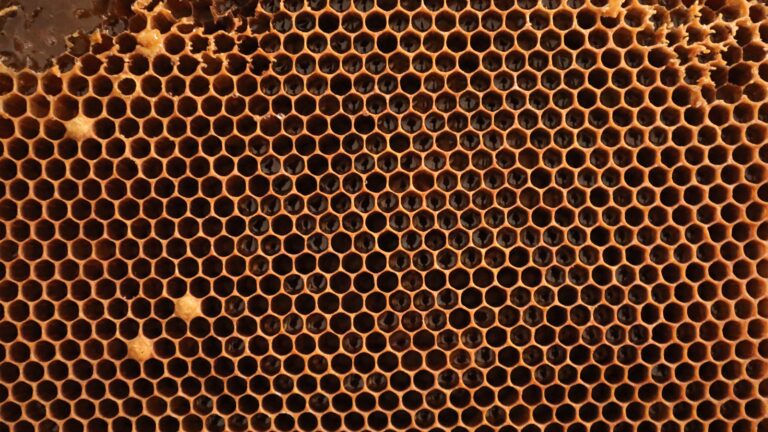Vermont beekeepers are back on track after 150,000 bees were killed by a reckless driver
"They’re healthy, they’ve come from good homes, and now it’s our job to keep them healthy and productive."

Here’s how a community took a bee-related tragedy and turned it into a small bump in the road…or hive.
In January, beekeepers from BTV Honey in Burlington, Vermont, experienced the unexpected loss of an estimated 150,000 bees. Now, with the monetary and physical help of their community, they expect to return to normal operation by 2023.
The loss of the pollinators was caused by the driver of a GMC pickup truck on an apparent joyride, according to reporting by NECN. The truck smashed through a row of hives and greenhouses belonging to Intervale Community Farm.
Exposing the fragile hives to the cold outside of their special winter boxes caused between 150,000 and 160,000 bees to die.
In the wake of the incident, beekeeper Ron Hernandez didn’t know how the team would carry on. It’s only Hernandez and his two friends who manage the hives for BTV Honey on Intervale land.
“Without them, we’re in big trouble,” he said in an interview with NECN.
Shortly after news broke of the loss, $17,000 in donations came in from customers and strangers alike. This allowed the group of beekeepers to buy new colonies of the fuzzy pollen lovers.
“They’re healthy, they’ve come from good homes, and now it’s our job to keep them healthy and productive,” said beekeeper Bill Mares about the new colonies.
They were even able to repair the damaged greenhouse on the property.
“People who heard about it had a lot of empathy for the bees and for the circumstances and did an incredible job raising money in the community,” said beekeeper Deborah Rubin.
Even with this new crop of bees, the group is still expecting a 200-pound decline in honey output this year. However, they predict they’ll return to normal operation by 2023.
Rubin said the public will be able to purchase honey from the new batch by mid to late summer.
In a 2021 petition to place the American bumblebee on the endangered species list, researchers from the Center for Biological Diversity concluded the American bumble bee has declined by 89 percent in “relative abundance.”
The petition followed the addition of the rusty patched bumblebee or Bombus affinis to the list of endangered species in 2017. It was the first bumblebee added to the endangered species list.